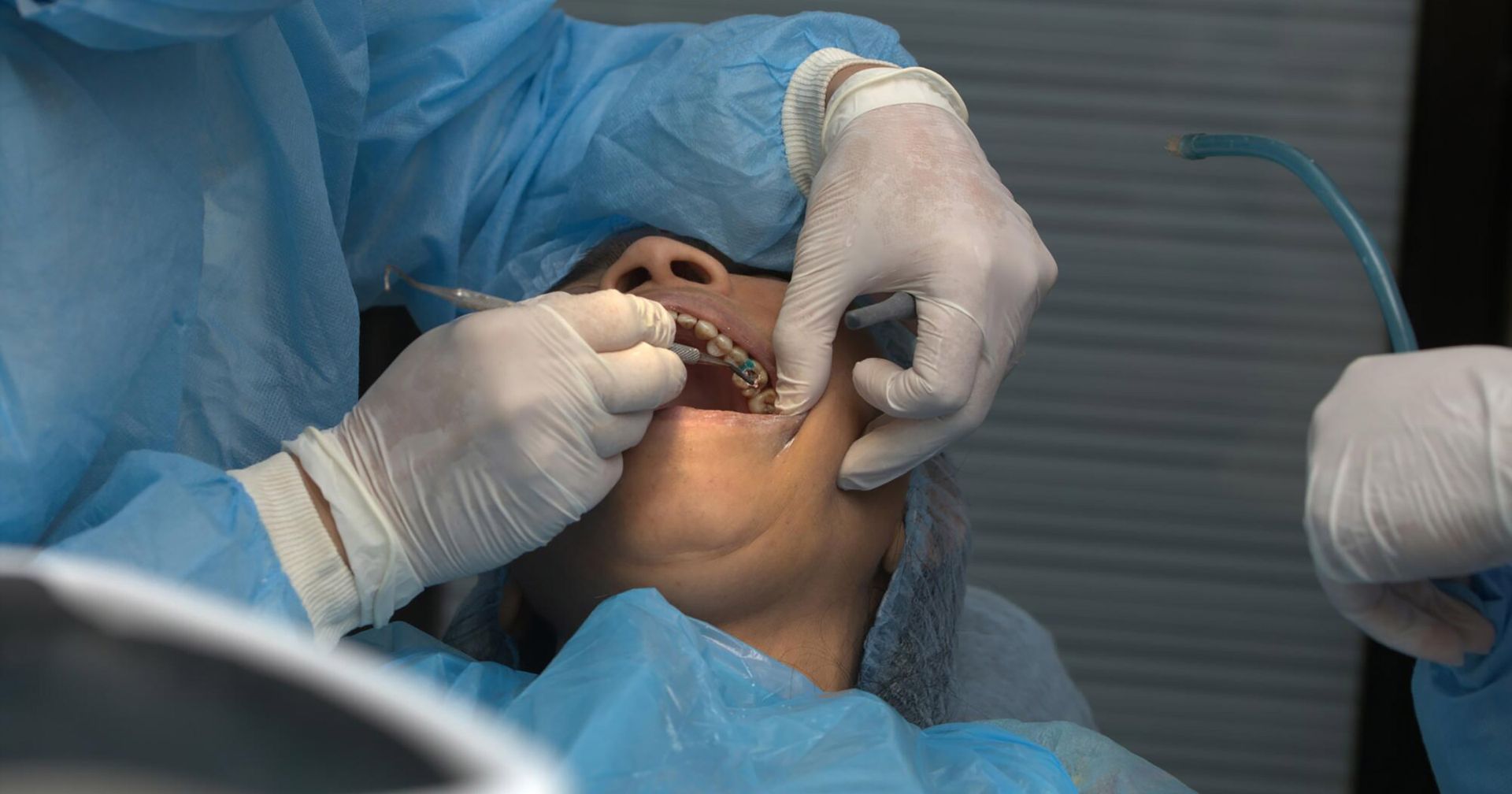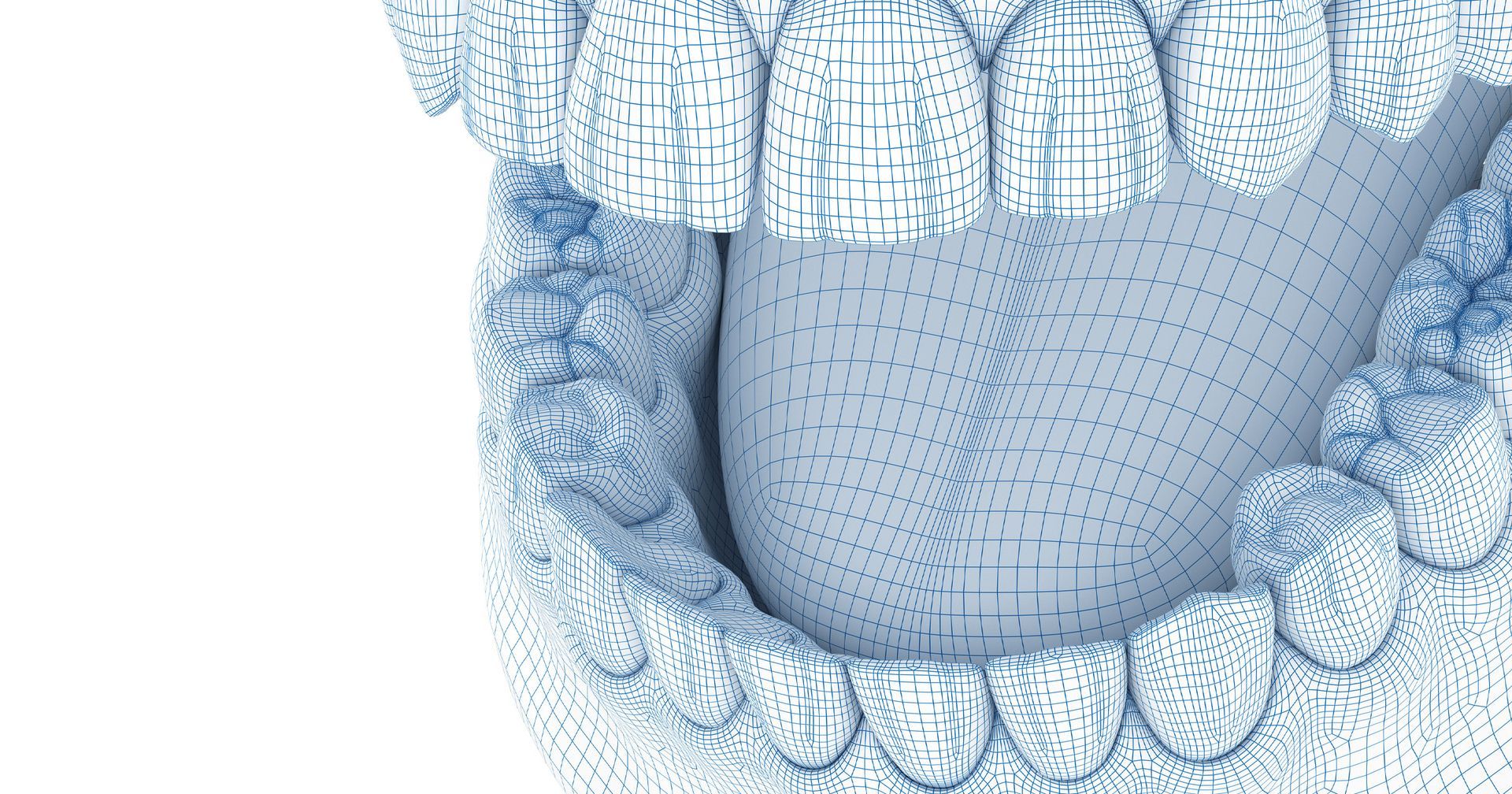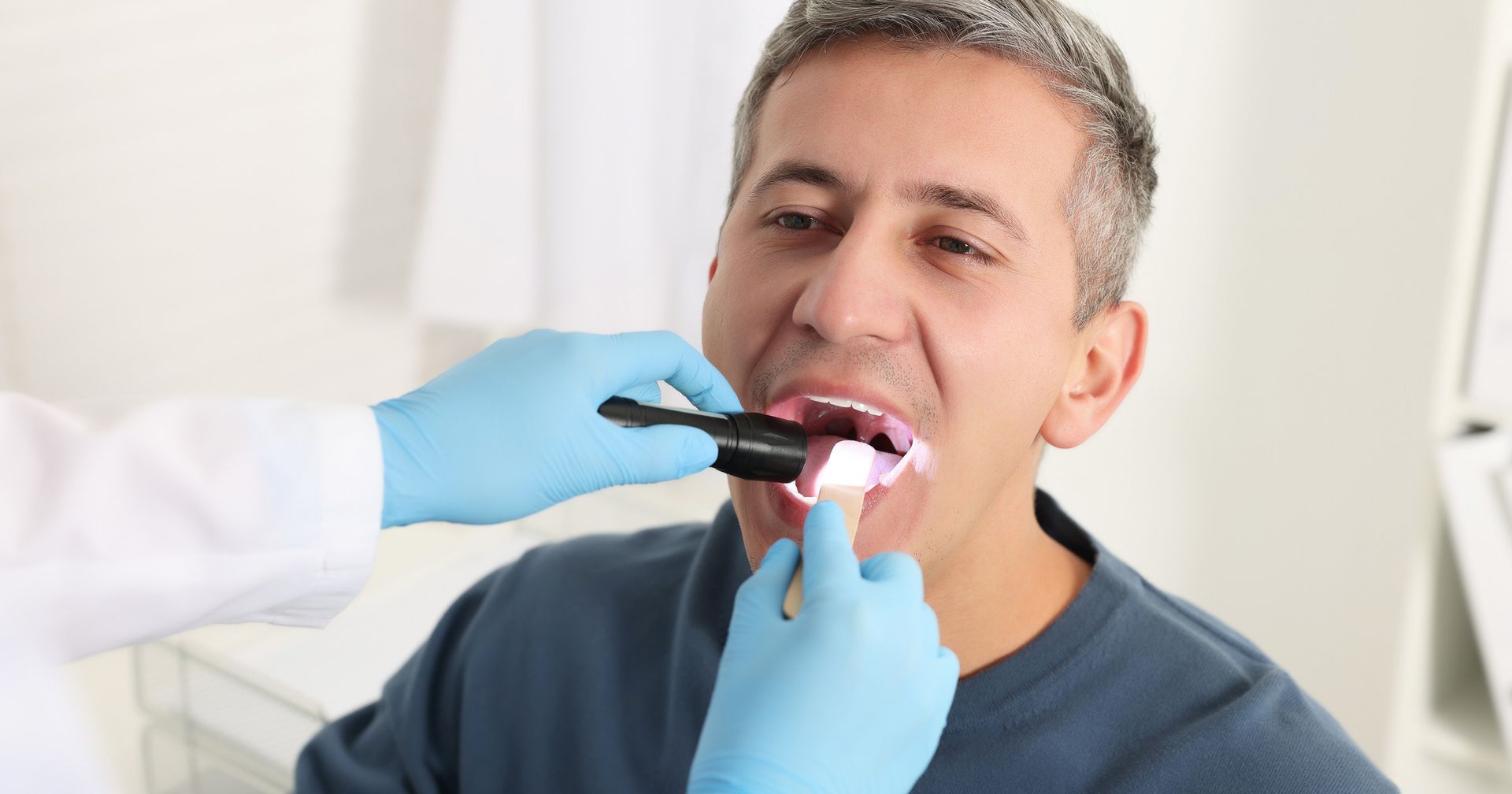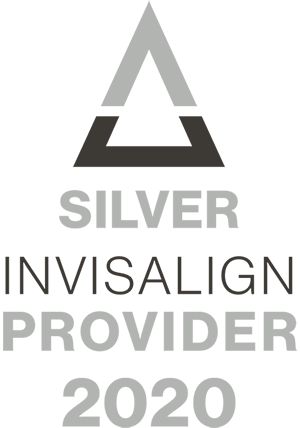Therapeutic Botox for TMJ Treatment and Migraines in Bedford NH

Do you suffer from chronic migraine, temporomandibular tension-headaches, jaw pain, ringing in your ears or chewing problems? If you do, you may benefit from Botox treatments. The dentists at Dental Arts of Bedford are ready to provide these treatments to you. After receiving Botox injections, you may find that your migraines or other headaches are diminished, the clicking sound when opening and closing your jaw is eliminated and the clenching or grinding of your teeth is reduced.
TMJ Disorder Symptoms
Dental problems like these are often rooted in the temporomandibular joints (TMJ). These joints are located in front of your ears and connect your jawbone to your skull, allowing you to eat, speak and even breathe. Temporomandibular joint disorder (also called TMJ or TMD) can cause pain in your jaw joints and the muscles in your face. If you are affected by this condition, you may experience one or several of the following symptoms:
- Severe tension headaches
- Chronic migraines
- Pain when eating
- Grinding teeth
- Discomfort around one or both ears
- Clicking your jaws while chewing
- Painful areas in the jaw, face, neck and even shoulders
Sometimes these symptoms will go away on their own. But if you have continued jaw tenderness or pain, or can’t completely open or close your jaw, it’s time to seek help in controlling TMJ from Dental Arts of Bedford. Our dentists are experienced in controlling these disorders and are ready to help you.
What Causes TMJ Pain?
Jaw pain from the temporomandibular joints and surrounding muscles can be caused by:
- Overactive jaw muscles can create excessive teeth grinding or clenching. This condition, called bruxism, places pressure on the joints of your jaw.
- Some types of arthritis, including osteoarthritis or rheumatoid arthritis, can bring on TMJ pain.
- Even frequent stress can be the culprit—you may be unconsciously clenching your teeth or tensing facial muscles.
- Injury can occur around the temporomandibular joints, bringing on TMJ symptoms.
- The disc that cushions the joints can wear down over time. This disc has the job of absorbing shock. Its erosion can also cause the joints to move out of alignment.
Diagnosis of Temporomandibular Joint Disorder
In order to diagnose and treat TMJ and jaw tension pain, dentists examine your jaw, listening to and feeling your jaw as you open and close it. They will watch how much range of motion you have in your jaw and may press facial areas to locate where your pain or discomfort is occurring. If a problem is found, they may take:
- X-rays of your teeth and jaw
- CAT scans to study the joint area
- MRIs to see if the disc in the joint or its surrounding tissues are problematic
Relieving TMJ Pain Temporarily on Your Own
If you suffer from temporomandibular joint disorder, there are a few temporary actions you can take to relieve your symptoms until you can come into our dental office and get the care you need. You can limit foods that cause a lot of chewing, opting for soft foods instead. You can massage the muscles in your face. You can concentrate on reducing your teeth grinding. And you can avoid eating excessively hot or cold foods and beverages.
TMJ Disorder Treatment
The dentists at the Dental Arts of Bedford can provide prompt relief for your TMJ symptoms. They’ll treat the temporomandibular joint disorder with Botox injections to alleviate the condition. This treatment involves you and your dentist determining how many injections you’ll need to find relief. You’ll receive several injections around your face, including your temples, forehead, and muscles of the jaw.
What Happens after Receiving These Injections
Once you’ve received Botox treatments for temporomandibular joint disorder, you may be wondering what comes next. Many patients experience little or no discomfort; however, if you do, you can reduce any tenderness felt from the treatment by using ice packs on the treatment area. In most cases, you’ll find that you can resume your normal activities once you leave the dental office. You may want to keep from rubbing or massaging your face immediately following the procedure.
Your temporomandibular joint symptoms should be relieved soon after treatment—usually within a day or two—but it may take several days for the Botox treatment to reach full effectiveness. TMJ sufferers usually find that Botox treatments keep the disorder’s pain away for three to four months.
What Is Botox?
Botox is a drug that doctors use for cosmetic procedures such as the removal of fine lines and wrinkles in your face. The Food and Drug Administration has approved its use for medical conditions such as chronic migraines, neck pain, arm spasms, eyelid spasms, crossed eyes, overactive bladder and excessive sweating in addition to treatment for TMJ. Millions of Botox treatments are given each year. Botox for TMJ works by preventing nerve cell messages from reaching the muscles surrounding the temporomandibular joint. It helps by relaxing those muscles.
Because there are so many potential benefits from receiving Botox, it has also become an increasingly popular TMJ treatment. When injected into facial muscles, you can experience reduced teeth grinding and the corresponding swelling around your jaws. You may also feel:
- Less severe or reduced instances of migraines or tension headaches
- Less tooth sensitivity
- Better sleep
- Decreased anxiety or stress levels
- Substantially reduced jaw tension
- Help in reducing jaw pain
For help with your TMJ disorder symptoms, call Dental Arts of Bedford office at (603) 647-2278. Our dentists are skilled in the use of Botox injections for many problems in your jaws, mouth and around your face. All of our dentists and hygienists take advanced courses each year so they are up-to-date on cutting-edge dental techniques. We have state-of-the-art equipment and use the most effective procedures to provide you with the best available treatment options.
Besides helping to control TMJ, our dentists and hygienists perform routine cleanings and preventative techniques, pediatric dentistry, various oral surgeries, other cosmetic treatments, root canals, dentures, crowns and implants. We also treat dental emergencies. Call us for all your dental needs. You can expect relief from most of the dental health problems you or one of your family members are experiencing.












